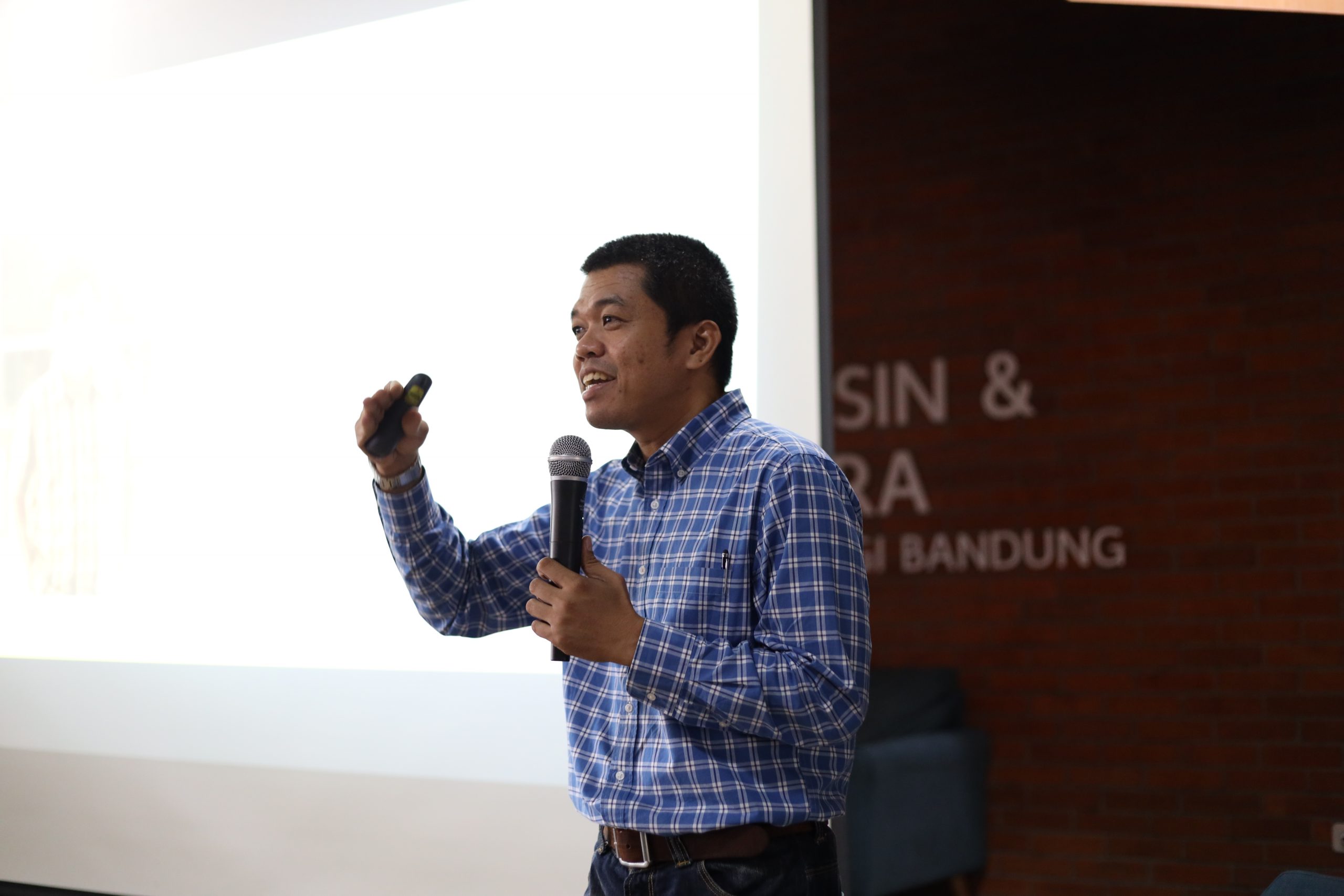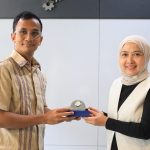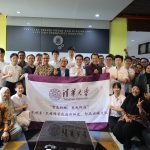Mechanical Engineering in the Lubricant Oil Industry: Insights from PT Shell Indonesia
Bandung — Lubricants are essential substances that reduce friction between two moving surfaces. Their application is not confined to a singular industry but involves various sectors to safeguard metal surfaces or other materials from wear and damage due to friction. A profound comprehension of the lubricant domain is crucial for a mechanical engineer to ensure optimal machine performance and enhance its operational lifespan.
Mochammad Rahman Hidayat, Global Product Specialist at PT Shell Indonesia, said, “There is no engineering application broader than the lubricant industry.” This underscores the significance of the lubricant oil industry in driving technological advancements and knowledge development in mechanical engineering.
On November 3, 2023, the Mechanical Engineering Student Association (HMM) invited PT Shell Indonesia to provide profound insights into mechanical engineering in the lubricant oil industry. The event was presented by alums of the Institut Teknologi Bandung (ITB) Mechanical Engineering program, Hutomo Kadir (Mechanical Engineering 2008), and Mochammad Rahman Hidayat (Mechanical Engineering 1998).
Hutomo Kadir, General Manager of Marketing at PT Shell Indonesia, inaugurated the event by elucidating Shell’s corporate profile and emphasizing its achievements as a leading global lubricant supplier for ten consecutive years. This accomplishment reflects Shell’s dominance in the industry and the company’s commitment to quality and innovation.
Meanwhile, Mochammad Rahman Hidayat focused on discussing the role of mechanical engineering in the lubricant oil industry. He highlighted aspects such as machine design, energy conversion, and materials science, emphasizing the significance of mechanical engineering expertise as a primary pillar in this industry. Rahman Hidayat also provided examples of the practical application of mechanical engineering theories, such as heat transfer, as an effective solution to address issues in engine cooling.
In his message to the students, Rahman Hidayat encouraged them to uphold the 3S values (study, solidarity, society) and incorporate the values of integrity and respect into their career development.
The event concluded with a question-and-answer session, a crucial opportunity for mechanical engineering students to delve into in-depth information regarding lubricants. One intriguing question explored the differences in lubricant standards between Indonesia and foreign countries. The response highlighted the adaptability of the lubricant industry to the fuels used in Indonesia, reflecting policies tailored to the needs of the local market.







